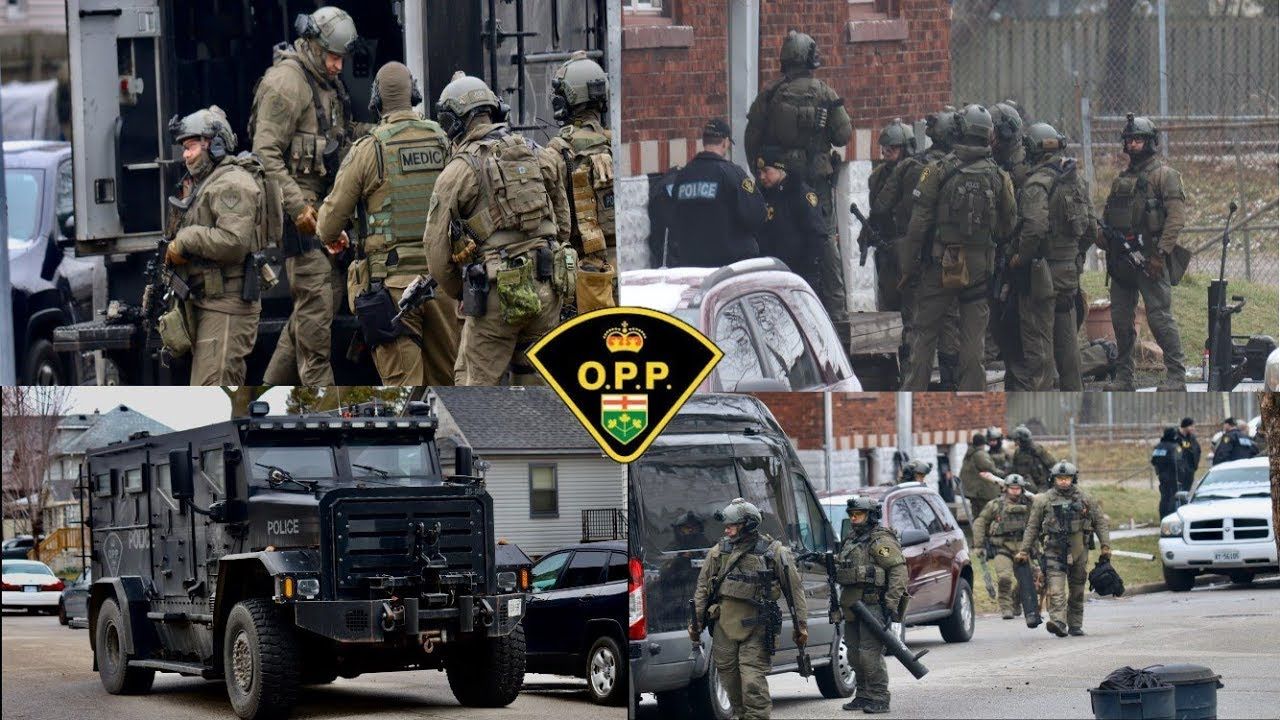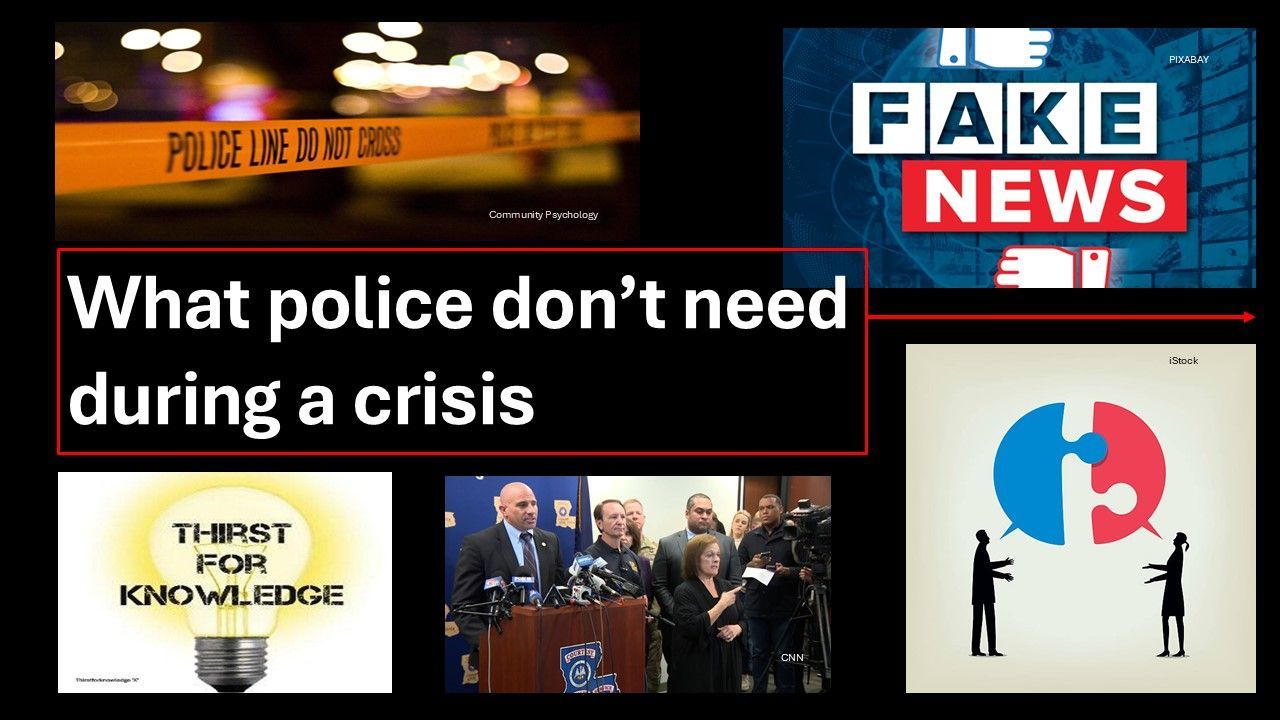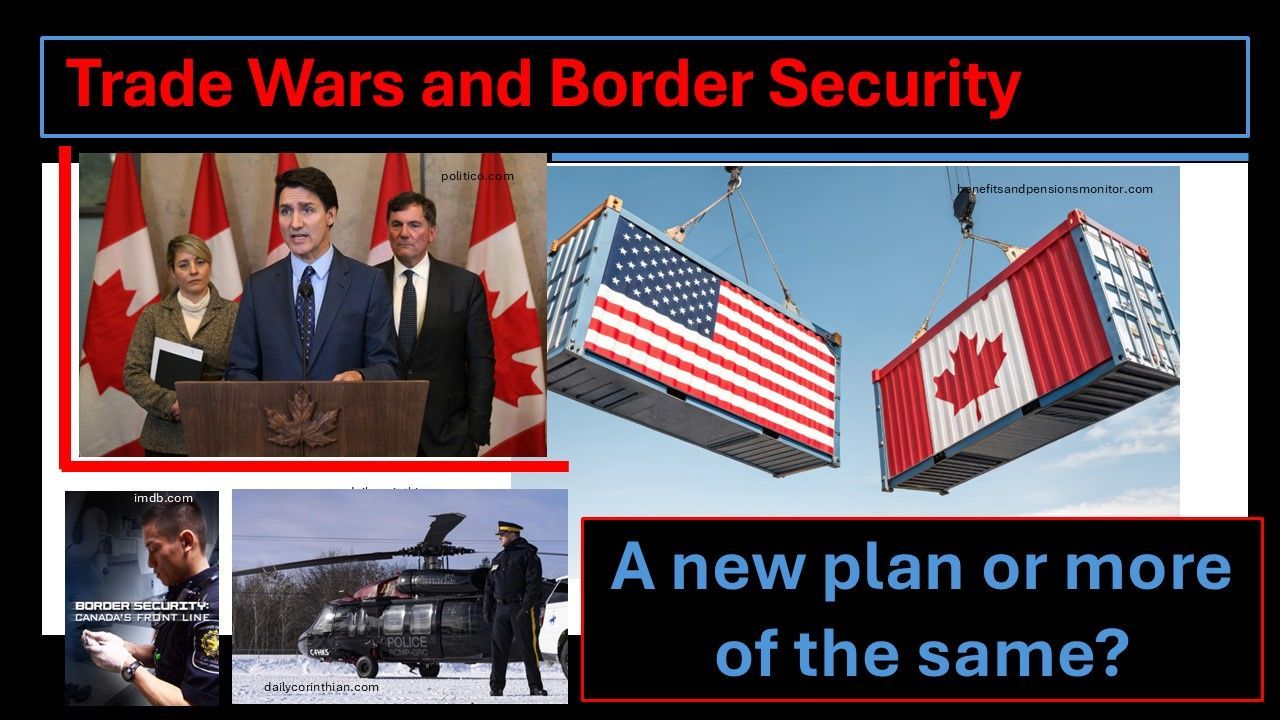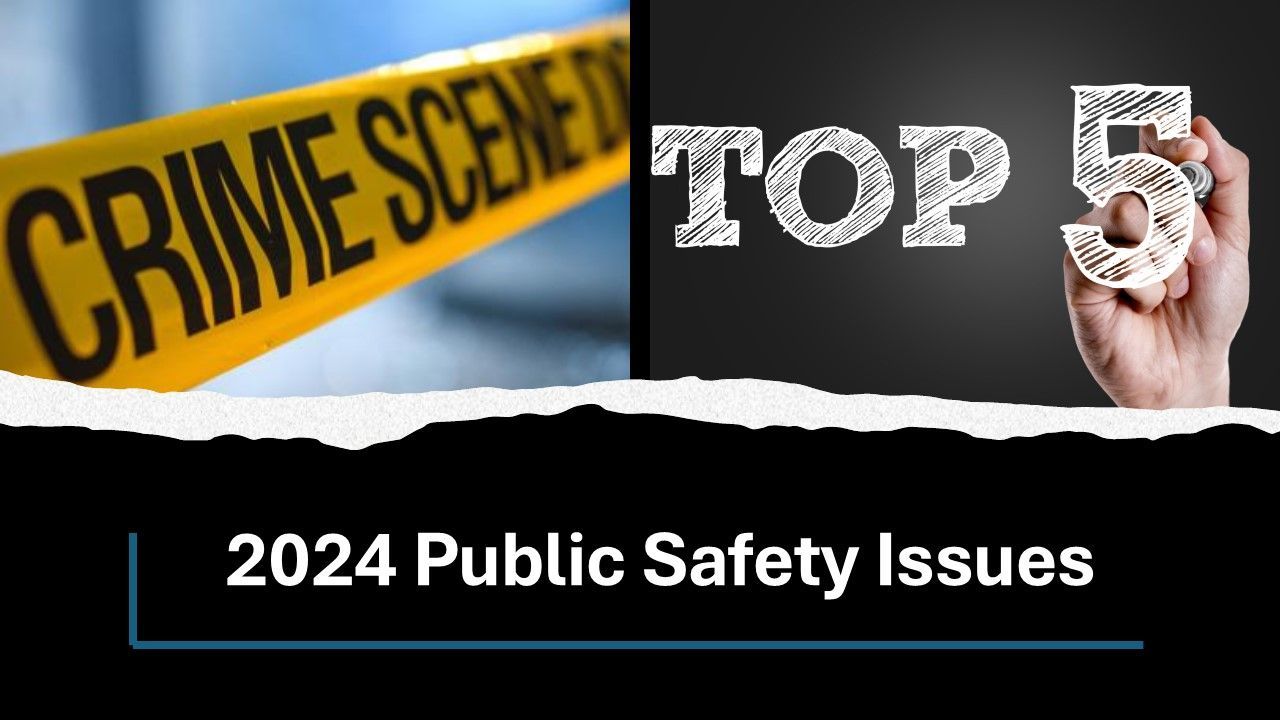New Paragraph

I am a lucky man. Truly blessed in fact.
Between family and close friends – in and outside of policing, I’ve been greatly supported throughout my life and career, right up until this day, through the best of times and the worst of times.
During my 36-year career I was lucky to work in good detachments and bureaus with wonderful people, many of whom I’m friends with to this day. They were the best of the best.
I was also fortunate to be a member of the OPP’s Tactics and Rescue Unit (TRU), or ‘SWAT’ for my American friends, for several years. We received extensive training and were specially equipped to respond as a group to calls involving firearms, including armed and barricaded persons and hostage situations.
Through some tough operations – some tragic, my close teammates were always there for each other, although sadly we didn’t always fully disclose how we felt or perhaps blamed ourselves for any failures. Nor did the broader Ontario Provincial Police (OPP) of that era understand the traumatic impacts surrounding some operational events or how to support us through them. Those were different times.
All that being said, thankfully we always survived the tragedy of the day – more through good luck and friendship, than through good management or professional help.
Without a doubt, the TRU member group continues to have huge impact on my life from a personal perspective. Many of the TRU friends I developed over those many years are not people I often see or speak to, but their heart-felt offers of support always abound when they are perceived to be needed.
Some of my very closest friends at this point in life were not part of TRU and in some cases weren’t OPP or even cops. My comments here don’t mean to lessen the strength or value of their friendship. They’ve been prominent through thick and thin when I faced some very difficult health challenges in my life. I’m simply reflecting on the overwhelming strength of the TRU members as an entity.
Just an example, in the few weeks following back surgery in July I heard from many friends, but the TRU ‘network’ was particularly alive and well. Calls and emails came from far and wide. Some came from members who had left the OPP to join other police services and others from folks on both sides of the border that were never TRU but were tactical officers in other police departments that had taken courses or worked with OPP TRU. Even others were TRU members that came long after my time and I may not have even met.
In addition to the many standard “Get well soon” messages came offers to drive me anywhere, including to other cities; complete yard work at our home; or do “absolutely anything” I needed. This is not only a powerful network of men, it’s a network of powerful men. Some of the toughest I’ve ever known. Although we're all getting older, the group is still so strong they could flip my home on its side if they set their collective minds to it. So, when they say “anything”, they mean it.
I recently met with a small group of TRU veterans for breakfast. Some hadn’t seen others for a while, but seconds in, everyone was laughing, sharing stories of past calls – good and bad, as well as the recollections of the antics of some colleagues. We got caught up on who is where and how they are, then we parted ways after a couple of hours, sharing warm handshakes and bro-hugs. We all left knowing that any one of us would still take a bullet for another at the drop of a hat.
I also proudly belong to the Ontario Provincial Police Veteran’s Association (OPPVA), that provides great support and fellowship to retired members, as well as regular social events and notifications of various happenings. I often wonder when I look at the OPPVA, “do retirees of private sector organizations have similar strong networks that provide that ongoing feeling of ‘family’ and keep them informed on a variety of issues?” I hope they do. I’m sure some of the emergency responders’ professions like firefighters, paramedics and the military have similar associations, but that may well be it.
I can’t imagine that once an employee receives their gold watch from a private-sector company, strong and everlasting ties to a large and supportive contingent of former colleagues exists. Policing is special and I’m so thankful for that. But the TRU fraternity is an extremely unique group within the policing realm. They would do anything for me, as I would for them.
Someone once said, “There are no ‘former’ TRU members. They are all either ‘active’ or ‘inactive’ members.” I couldn’t agree more.
I’ve been so fortunate to have once been a young active member and continue to be an old inactive member of that brotherhood. It’s been an amazing 42 years for me, and I’m honoured to still enjoy their overwhelming friendship and support. Thanks for having me boys.




